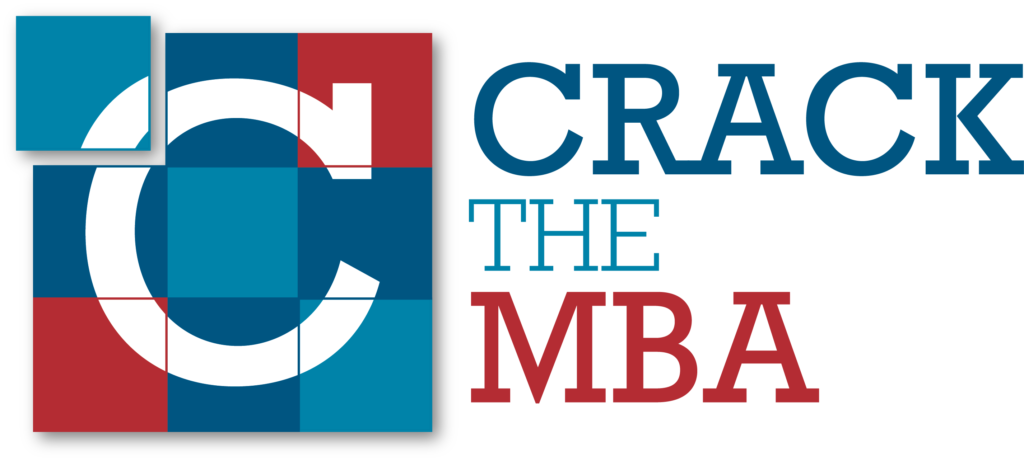Application Tips To Submit A Strong Wharton MBA Application

As a majority of applicants begin their preparations for their business school applications for Fall 2021, we focus on the Wharton School and how you can ‘Crack The MBA’ by submitting a strong application that will improve your chances of getting accepted into the business school. We touch upon topics such as letters of recommendation, references, resumes, cover letters, the evaluation process and interviews.
Read on!
Biographical Information & Program Information
You have to choose the program in which you apply to at Wharton. If you want to apply to the JD MBA three year program, you do have to select that dropdown and you’ll have to write an additional essay and have an additional interview with the director of the JD MBA program.
If you want to apply to the Lauder Program at the Lauder Institute which is an MBA and a master’s degree in International Studies, you will have to do a similar processing, i.e. writing a specific Lauder essay as well as an interview with one of the Lauder staff. There are some nuances to understand if you are thinking of applying to an interdisciplinary program.
You program choice and your major choice is very important. Many students are interested in the business school’s healthcare management programs (a prominent program in Wharton’s MBA program). If you do select the healthcare management major as a component of your application, your application will be reviewed by the director of the healthcare management program, David A. Asch, in conjunction with the rest of the admissions committee and your application will either be selected or unfortunately not selected to the healthcare management major. It’s important to know that it’s the only major to operate in that capacity. The rest of the majors that you would apply to under the Wharton MBA program major heading anything from finance, entrepreneurial management, general management operate very differently. You can change those majors upon entrance to the program.
Extracurricular activities (ECA) undertaken during your undergraduate or graduate program are just as acceptable as postgraduate activities. The ECA list can comprise anything you did as an undergraduate, even if it was a while ago. You can add up to five activities, and it’s recommended that you do fill out each individual component under that heading.
Academics
Wharton accepts the GRE or GMAT test. Take the test you feel you’d do better on. Do a little research to figure out what different tests are testing on. TOEFL or PTE exams are required for non-English speakers with limited exposure to English. Waivers for TOEFL or PTE are offered to students who have studied and been granted a degree from an English-speaking university.
Resume
Make sure that your resume is just one-page long. It helps admission teams, not just at Wharton but globally on the admissions side to understand who you are in a succinct way. Think of your resume as your real estate. It is your biggest chance in document form, which helps you tell the admissions committee who you are. If you have space on your resume, add your ECA to tell the admissions committee what you’ve been doing. Write your resume for the Wharton MBA program’s admission committee and not for someone who’s going to offer you a job. Avoid buzzwords or jargon that the admissions committee wouldn’t understand if they’re not deep into the business that you’re operating in. Give clear and accurate descriptions of what you’re doing in your current role. If you’re working at a company that might not be very well known, put in Italics what the company does, how it operates, and anywhere it operates.
Be very deliberate about what you’ve been doing in your role. It helps the Admissions Committee understand who you are in your organisation, who you are on a day-to-day basis and what is important to both you and the organisation. The more specific you can be in your resume bullets, the better your resume is in a business school context. Give a clear timeline of what you’ve been doing in a skills development capacity in your resume as a walkthrough to the admissions committee.
Essays
The first question you have to answer in your essay will be ‘‘What do you hope to gain professionally from the Wharton MBA?’
Give the admissions committee an insight into why you want to study at Wharton, why you want to move to Philadelphia. The very successful essays that come to the admissions committee at the Wharton MBA program have a structure including:
- The Setup – Who am I? What have I been doing for the last couple of years? and What have I learned?
- The Pivot-Point – Moments that help you realize where you need to improve yourself. For e.g. I realized I didn’t know about X and need to gain particular skills in X to succeed.
- The Future – These are my short term and long term goals and why I need an MBA from Wharton to achieve them?
The second essay asks the question – ‘Describe an impactful experience or accomplishment that is not reflected elsewhere in your application. How will you use what you learned through that experience to contribute to the Wharton community?’
According to Blaire Mannix, the admissions director at The Wharton School, the best advice for writing this essay is to close your application and walk away from it for a couple of days. If you feel like there is something else that you need to write about, this is where you put that in. The Admissions Committee wants to understand who you are as an applicant, and this is the perfect way to give an insight into yourself.
Letters of Recommendation
Wharton has a unique format compared to all other business schools and asks these two particular questions:
Q.1 Please provide example(s) to illustrate why you believe this candidate will find success in the Wharton MBA program.
Q.2 Please provide example(s) that illustrate why you believe this candidate will find success throughout their career.
These two questions, according to Blaire Mannix, are very, very deliberate. The admissions committee’s entire goal is to figure out who you are. Letters of recommendation are exceedingly important to the admissions committee, as they use the letters to figure out who you are within your organization and who you are to your colleagues.
You can check out the full video by the Wharton School here below for more tips.






